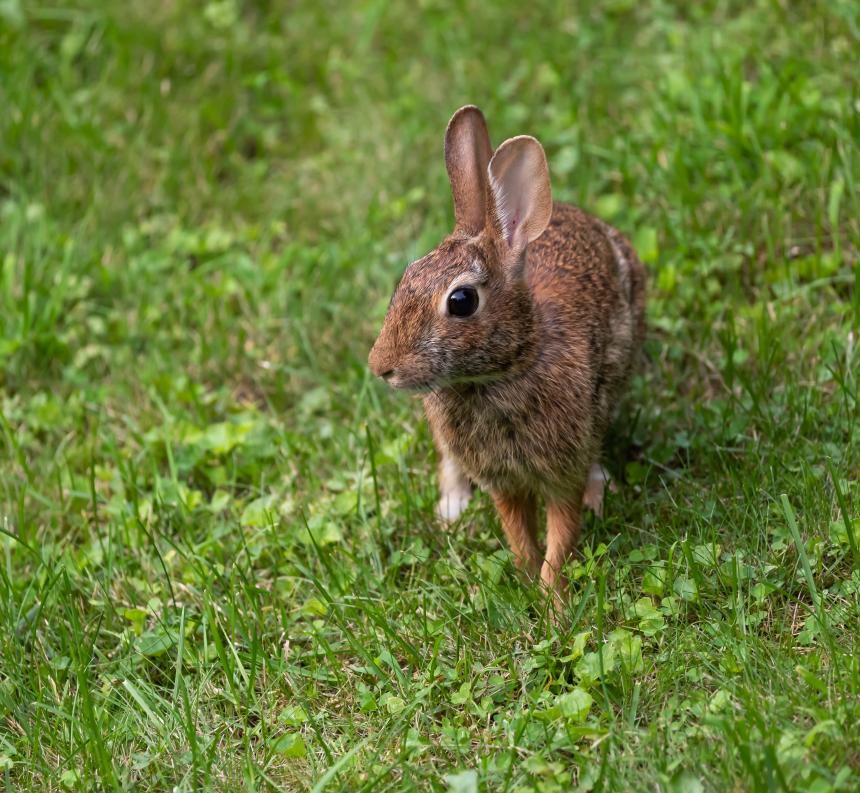In the News

June 08, 2021
Chronic wasting disease is a contagious and fatal disease affecting cervids (deer, moose, reindeer, elk). Cornell Wildlife Disease Ecologist Dr. Krysten Schuler asks New Yorkers to be on the lookout for cases of chronic wasting disease among deer.

May 21, 2021
The third Friday of May is Endangered Species Day. Primarily as a result of human activities, our planet’s biodiversity is shrinking at an unprecedented rate. The Cornell Wildlife Health Center is proud to support a diverse range of species and ecosystems through our work.

Announcement
March 19, 2021
Chronic wasting disease is a progressive, fatal, degenerative neurological disease of captive and free ranging deer, elk, and moose. The Cornell Wildlife Health Lab received a grant to assess and quantify risk factors for the introduction of chronic wasting disease in Virginia and to design a state-wide surveillance plan.

For Your Information
January 20, 2021
As part of the national recovery effort, endangered black-footed ferrets were reintroduced to the Cheyenne River Sioux Reservation in South Dakota in 2000. In an effort to determine possible causes of the population decline after the reintroduction, researchers conducted a pathogen survey using coyotes as a sentinel animal.

November 10, 2020
Cornell researchers participated in an open discussion during the “One Health Perspectives” session as part of the COVID-19 Summit, a two-day event featuring researchers from across Cornell.

July 19, 2020
Rabbit Hemorrhagic Disease Virus 2 has been rapidly spreading across the western half of the United States, and Cornell's Dr. Krysten Schuler advises not handling wild rabbits at this time.

For Your Information
May 29, 2020
Keeping New York State wildlife rehabilitators informed and prepared for emerging disease threats is an important part of surveillance and prevention at the Cornell Wildlife Health Lab.

October 02, 2019
The Cornell Wildlife Health Lab has created StaPOPd, an interactive online tool that helps calculate how many plants or animals need to be introduced into a habitat in order to establish a stable population - a critical piece of information for conservation projects.

For Your Information
October 01, 2019

August 15, 2019
The New York State Department of Environmental Conservation is proposing new regulations to prevent chronic wasting disease (CWD) from entering the state. CWD is a fatal nervous system disease that affects deer, elk, and moose. According to Cornell's Dr. Krysten Schuler, New York has avoided outbreaks in its deer populations since 2005.
